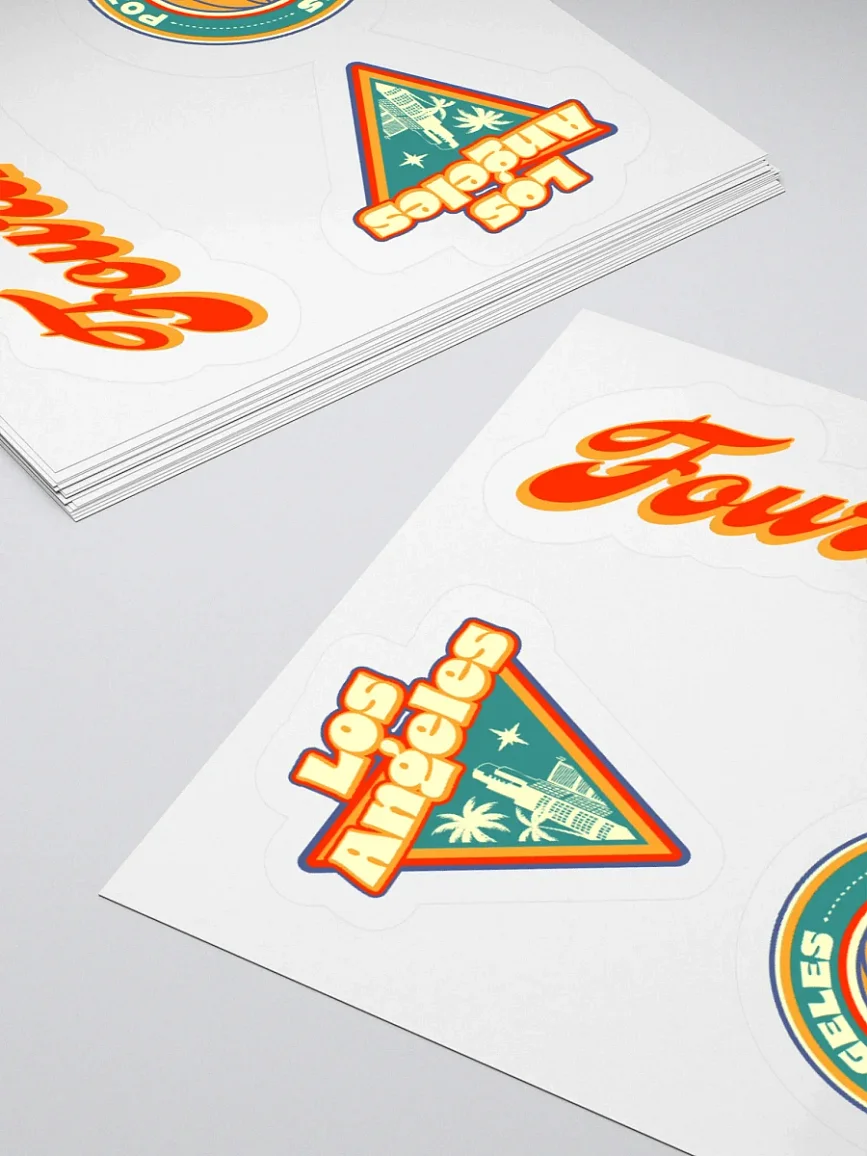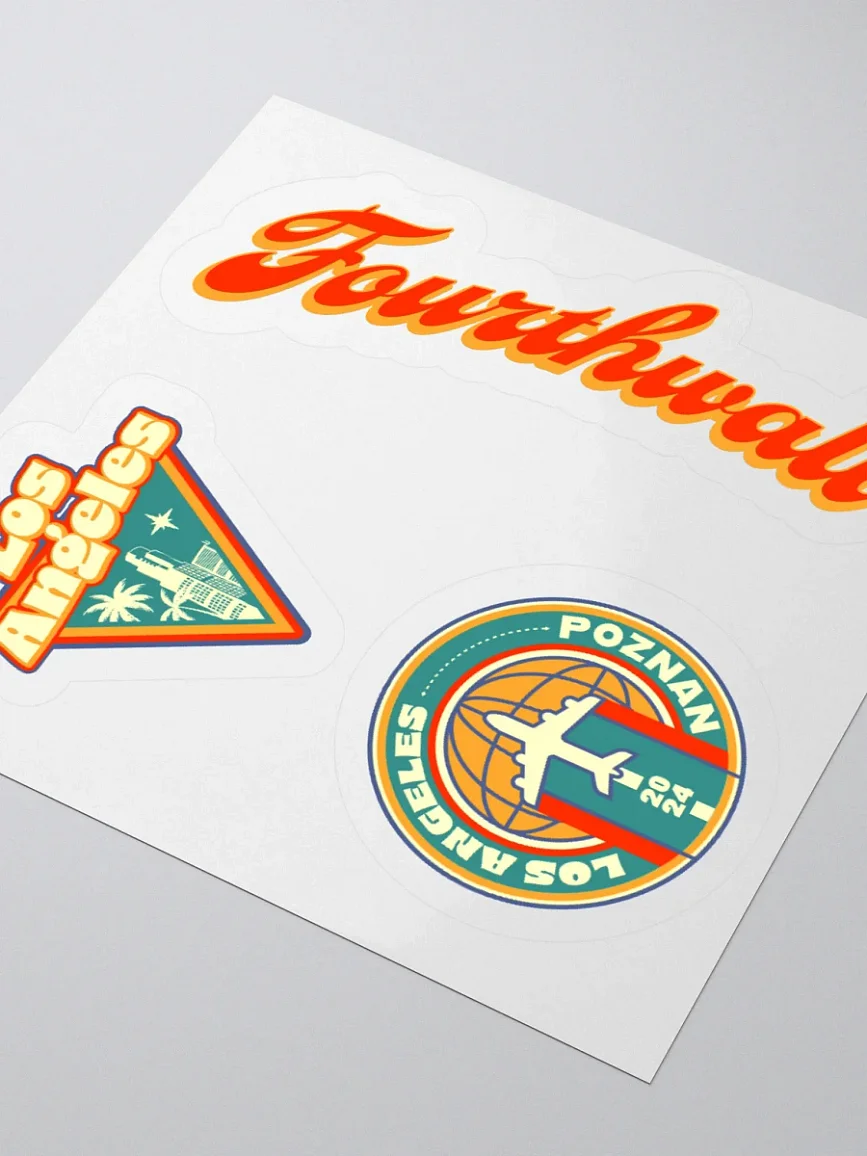Unlocking Facebook's Gold Mine: 8 Creative Paths to Monetizing Your Content

The Art of Earning: Elevating Your Facebook Page into a Cash-Generating Business
If you've been a part of the Facebook community for the past decade, you've witnessed the platform evolve from a friendly place of interaction to a global hub for news, products, and community engagement. But did you ever imagine, in your wildest dreams, that your engagement on Facebook could potentially translate into a source of income?
With around 3 billion active monthly users, Facebook is an impressive platform for content creators to connect with their audience. And even though making money on the platform may seem challenging, Facebook has developed new and effective ways to monetize your page as a content creator. In this article, we will explore how to monetize your Facebook page, outlining eight creative ways to turn your content into a revenue-generating business.
Can Facebook Pages Earn Money?
Certainly, earning money as a content creator on your Facebook page is not only possible but opens up an excess of monetization strategies, as we'll explore in the upcoming sections.
Despite the evolving landscape where Facebook might not hold the same dominance it once did, it remains a powerhouse with a staggering 3.03 billion active users, surpassing Instagram's 2.4 billion and TikTok's 1.1 billion.
This vast user base provides numerous avenues for income, ranging from affiliate marketing and Messenger Ads to selling items on Facebook Marketplace. However, navigating the Facebook money-making landscape has its challenges, with average engagement on organic posts fluctuating between 1.5% and 2.5% and those opting for paid avenues witnessing diminishing reach over time.
However, by clearly defining your content and following the right steps, setting up a monetized Facebook Page becomes a catalyst for keeping yourself busy and financially rewarded.
How Does Facebook Monetization Work?
To monetize your Facebook page, you must follow Facebook's Monetization Eligibility Standards. These standards are structured into three distinct categories: Facebook Community Standards, Partner Monetization Policies, and Content Monetization Policies.
Facebook’s Community Standards involve maintaining a platform free from graphic or unsafe content, while Partner Monetization Policies govern your page, content creation, sharing methods, and online payment transactions. Content Monetization Policies focus on content-level rules, prohibiting violent or profane content. Checking your eligibility is conveniently facilitated through the Monetization tab within your Creator Studio, where you can select specific pages for assessment.
Once you follow these standards, you can use Facebook's monetization channels, including video ads, fan subscriptions, and brand collaborations. Alternatively, you can direct traffic from your page to a website with ads for additional revenue.
Facebook Monetization Eligibility Criteria
To be eligible for Facebook Monetization, you must follow specific criteria or meet certain metrics. These include having a Facebook page or profile in professional (business) mode that's at least 30 days old. Achieving a follower count of 10,000 or more qualifies you for in-stream ads and paid live events. Adherence to community standards, content monetization policies, and other terms of service for pages is imperative.
Additionally, compliance with Facebook's terms for earning and receiving money, encompassing Apple and Google policies for in-app purchases when applicable, is mandatory. Utilizing Facebook Creator Studio, a platform also integral to Instagram facilitates content upload and performance tracking. Accessing the 'Monetization' section within the Creator Studio's right-hand column offers an 'Overview' of approved monetization types.
It's important to note that a minimum age of 18 is a prerequisite for engaging in Facebook monetization. Once all criteria are met, you can proceed to set up monetization and await the confirmation email from Facebook for Creators to kickstart your monetization journey.
8 Ways to Monetize Your Facebook Page
Most people don’t realize that Facebook offers content creators plenty of options to generate income. By following any of these 8 steps below, you can start earning money on your Facebook Page without any stress.
1. In-Stream Ads Videos
Facebook's In-Stream Ads Videos program allows content creators to earn money from the ads placed in their videos. To qualify for this program, your videos must be a minimum of three minutes long and meet Facebook's eligibility requirements.
With in-stream ads, you earn revenue based on views, engagements, and ad breaks. Facebook takes a share of the revenue while the rest goes to the content creator. Creators can earn anywhere from $0.01 to $0.02 per view, and that could add up to a significant amount if the audience is large enough.
Payments are calculated based on impressions and cost per thousand (CPM) of ads, varying with demographics, season, and advertiser interest. The critical metric is revenue per thousand impressions (RPM), where creators earn money for every 1,000 one-minute or longer views of videos with in-stream ads. However, achieving certification for in-stream ads requires meeting specific criteria:
- Facebook Page Requirement: Monetization is available for Facebook Pages, not personal profiles, with the user serving as the Page's admin.
- Partner Monetization Policies: Adherence to Facebook's Partner Monetization Policies is essential.
- Video Criteria: A minimum of five active videos, each exceeding one minute in length, and at least 600,000 minutes of views in the last 60 days. For monetizing Live videos, 60,000 of those minutes must originate from Live broadcasts, and three of the five videos should stem from Live sessions.
- Follower Count: A minimum of 10,000 followers is required for in-stream ads, making it advantageous for creators and brands with a substantial audience.
2. Live Stream
Facebook allows content creators to earn money from in-stream ads during live video streams. Creators with larger audiences on Facebook can earn a considerable amount of money from their live streams. In fact, Facebook reports that some creators make six-figure sums from live streaming alone.
To monetize your live streams, you must have 50,000 or more followers and a total of 300 or more concurrent viewers across all your recent live videos. During the Facebook Live stream, a mid-roll ad will be inserted, and you will earn revenue based on the advertiser's fee.
These ads rely on user engagement and provide an opportunity for advertisers to reach a captivated audience. While mid-roll ads are currently underutilized due to stringent eligibility criteria, this presents an advantageous opportunity for content creators. The exclusivity of live ads ensures a higher standard, preventing the inundation of irrelevant ads during live broadcasts and maintaining a more focused advertising environment.
3. Fan Subscriptions
The fan subscriptions program allows content creators to offer their fans exclusive content in exchange for a monthly subscription fee. Fans who pay the subscription fee can access exclusive content, such as behind-the-scenes footage, live Q&A sessions, and exclusive posts. The content creator can set the subscription fee and receive 70% of the revenue.
To participate in Facebook's Fan Subscription program, creators must meet specific criteria. They need to have a Facebook Page for which they are the admin and comply with Facebook's Partner Monetization Policy, Fan Funding Creator Terms, and Apple's App Store Guidelines for Subscriptions.
Additionally, creators should have a minimum of 10,000 followers or more than 250 return viewers, with either 50,000 post engagements or 180,000 minutes watched in the last 60 days. Subscription activation is invite-only for creators not in eligible countries, such as the US, UK, Germany, or India.
Setting up Fan Subscriptions involves navigating to Facebook's Creator Studio, selecting the desired page, and commencing the setup process. Creators need to read and agree to the Terms & Conditions, link an existing bank or PayPal account for payouts, choose the benefits subscribers will receive, and set the subscription price.
After approval notification, creators can activate subscriptions. The crucial aspect is selecting the benefits subscribers receive, including supporter badges by default, requiring creators to plan and strategize their exclusive content offerings to ensure subscriber satisfaction and engagement. This careful approach is crucial to avoid disappointing subscribers who have committed to supporting the creator through their subscription fee.
4. Reels and Stars
Facebook Reels offers content creators various avenues for income generation. Accessible to all Facebook account holders, Reels offers a spectrum of creative possibilities, allowing users to record videos, add music, apply filters, modify speed, include text and video effects, and seamlessly share content with their followers.
Creators can tap into ad revenue sharing, leverage Facebook Stars, participate in the Facebook Reels Bonus Program, collaborate with brands for sponsored content, and explore opportunities in affiliate marketing. To integrate ads into Reels, creators need to meet specific eligibility criteria, including having over 10,000 followers, maintaining at least five active videos, and accumulating 600,000 viewed minutes in the past 60 days.
This option is available in in-stream ad eligible countries, extending the monetization reach to creators residing in places like the United States, Canada, and additional eligible nations. Facebook's commitment to equitable revenue distribution ensures that successful content creators, on average, receive between $8-10 for every 1,000 views, making ads a lucrative avenue for learning how to monetize Facebook Reels.
Facebook Stars, another captivating feature, adds a layer of interaction and appreciation to the monetization landscape. This feature allows viewers and fans to purchase Stars, which they can then send to creators as a form of acknowledgment and support. Each received Star translates to a payment of $0.01 USD for the creator. Eligibility for embedding Stars into Facebook Reels includes having a minimum of 500 followers for a consecutive 30-day period, being at least 18 years old, and residing in a country eligible for Stars.
5. Brand Collaborations
Brand collaborations can help content creators earn money by partnering with brands to promote products and services. A brand may hire content creators to include a call-to-action (CTA) on their post, which asks followers to check out the product or service. This type of promotion can be a good fit for lifestyle influencers, food bloggers, and tech YouTubers, among others.
The payment amount is usually based on the size of the creator's audience and the scope of the partnership. Many brands use affiliate marketing programs to manage their collaborations with content creators, which makes it easy for creators to sign up and promote products.
The Brand Collab Manager program, featured on Facebook, serves as a networking platform for content creators to expand their portfolios and connect with potential clients for both short and long-term brand partnership deals. In this program, creators market brands within their content, creating a beneficial relationship. However, content creators must navigate the complexities of Facebook's Branded Content Policies and Partner Monetization Policies for a thorough understanding of the money-making potential associated with their Facebook page.
To become a member of the Brand Collabs Manager program, content creators must have a Facebook page and meet specific criteria, including compliance with policies, a minimum of 1,000 followers, and achievement of engagement or watch time goals. Once accepted into the program, content creators await brand discovery and collaboration opportunities, allowing them to earn money by creating authentic content aligned with their brand partners.
This collaboration avenue, though distinct from in-stream ads, offers content creators a chance to build authenticity and identity through partnerships that resonate with their content.
6. Affiliate Marketing
Through affiliate marketing, content creators can earn money by promoting another company’s product or service on their Facebook page using referral links. When someone clicks on the link and makes a purchase, the content creator earns a commission on the sale. Amazon Associates, ShareASale, and Commission Junction are some of the popular affiliate networks that content creators can sign up for.
Affiliate marketing also serves as the cornerstone for monetizing Facebook groups, and its effectiveness lies in its performance-driven nature, often facilitated by affiliate tracking tools managed by the partnering companies. It presents a straightforward method for Facebook group monetization without veering into overly promotional territory.
Leveraging Facebook groups for affiliate marketing can help add a layer of direct interaction between affiliates and their target audience. Facebook facilitates direct selling and buying, creating a dynamic space for affiliate marketers worldwide to engage with their desired demographic.
7. Facebook Marketplace
Similar to platforms like eBay and Craigslist, Facebook Marketplace allows users to list and sell items like clothing, furniture, electronics, and home goods. This can be a good way for content creators to monetize their page if they want to sell their merchandise directly to their followers.
Notably, creators can leverage this space to not only sell pre-existing items but also to craft and market custom merchandise that aligns with their brand identity. For instance, a musician may choose to sell custom t-shirts featuring their logo, while a beauty influencer could offer exclusive makeup brushes. This personalized approach allows content creators to engage their audience and generate revenue by offering items that resonate with their brand.
It's essential for content creators to adhere to Facebook's terms and policies before delving into Marketplace monetization. Compliance with community standards, the Commerce Product Merchant Agreement, and Seller Performance and Accountability Policies is crucial.
When using Facebook Marketplace, timely shipping is emphasized, with a recommendation to ship orders within three days and ensure accurate inventory counts. Fast and reliable service contributes to positive buyer experiences. For those handcrafting items, careful management during peak demand periods is advised to prevent overselling and potential policy violations.
Connecting with vendors who can meet specific needs and signing up for Facebook Shop and Checkout are pivotal steps in the monetization journey. By opening a Facebook Shop, uploading a catalog, and choosing a payment format, content creators can facilitate transactions and accept payments through various channels. Facebook Checkout, handled by third-party payment processors, offers flexibility in completing purchases on the platform or through the creator's website.
8. Creator Fund
Facebook has launched a Creator Fund to support content creators by paying them to create high-quality content for Facebook's platforms. The fund is designed to help creators produce original videos and other types of content while earning a sustainable income.
Operating on a bonus-oriented system, the fund introduces various bonus programs, each tied to specific tasks and achievements. Creators can unlock additional bonuses by incorporating in-stream ads into their video content or, for gaming creators, by achieving a designated number of Stars over three months. Moreover, creators can receive payments based on the performance of their content on Instagram Reels.
The fund's dynamic nature is characterized by seasonal programs that evolve over time, with some being accessible to all creators and others being invite-only. By adhering to Meta's Partner Monetization Policies, creators can seamlessly integrate into these programs and commence the monetization journey.
Monetize Your Content Today!
There are many ways for content creators to monetize their Facebook pages, but it can be overwhelming to choose the best method. From in-stream ads and fan subscriptions to affiliate marketing and branded content, consider these 8 ways to boost earnings on your Facebook page.
If you're a content creator looking for even more ways to monetize your website, Fourthwall makes it easy for you, enabling creators to launch a website, source and sell products, and offer memberships to their supporters. Monetize your content and delight your fans with exclusive merchandise and content!
















